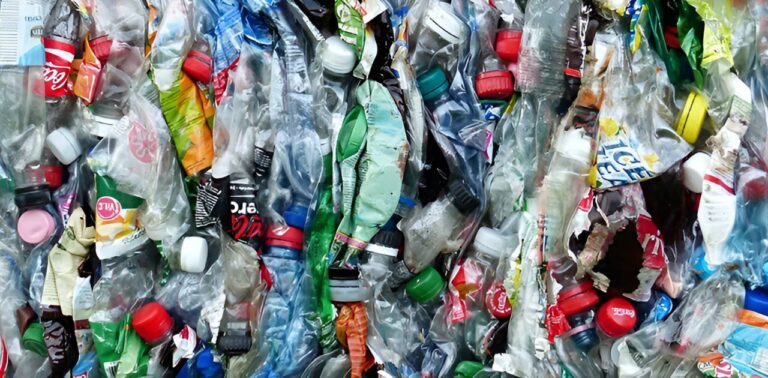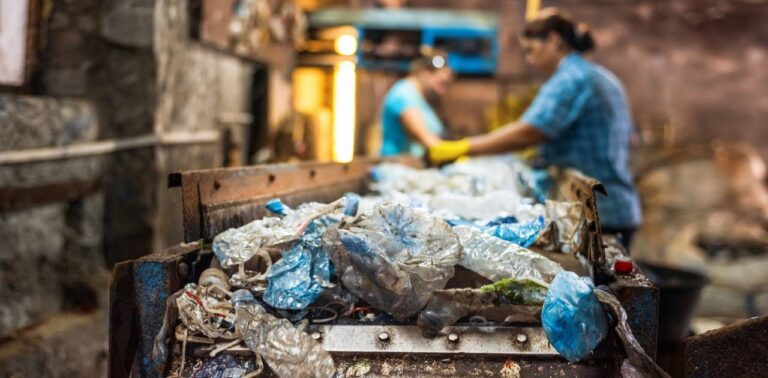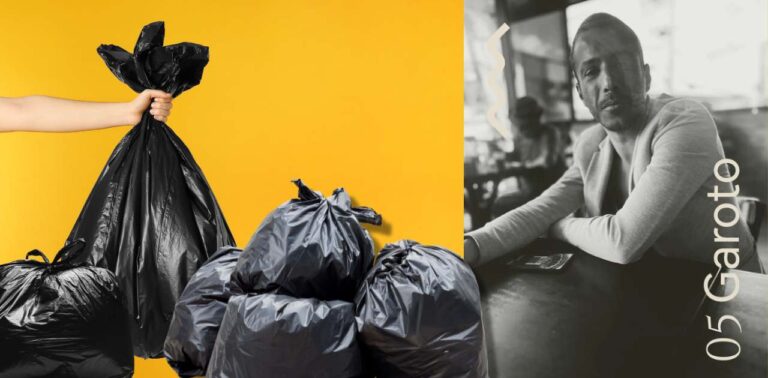Recycling is an essential practice for preserving the environment and, when introduced early in early childhood education, can bring significant benefits. One of the most effective methods for teaching children about the environment is through the creation of recycled toys. These toys, in addition to being sustainable, stimulate creativity and cognitive development in children.
By creating toys from recycled materials, such as cars made from packaging, children learn about the importance of recycling and how small actions can make a big difference to the environment. This type of activity not only provides fun, but also educates children on important topics such as waste, reuse and respect for the environment.

Recycled Toys: An Educational and Fun Tool
Recycled toys, such as cars made from packaging, are an excellent way to teach children about environmental concepts in a practical and fun way. These activities allow children to see, in practice, how waste can be transformed into new products, developing a sense of environmental responsibility from an early age.
These toys are not only educational; they are also an economical way to provide fun. Instead of spending money on commercial toys, parents can encourage their children to create their own toys using materials that would otherwise be discarded. In addition to being sustainable, recycled toys are unique, reflecting each child’s creativity and personality.
Stimulating Creativity and Imagination
Creativity is a crucial skill for children’s development, and recycled toys provide a perfect opportunity to stimulate it. By creating cars and other toys from recycled packaging, children are challenged to think outside the box, finding new ways to reuse common materials.
These activities also promote problem-solving. By facing challenges while building toys, children learn to persevere, developing important skills that will be useful throughout their lives. In addition, the creation process is a way to strengthen the bond between parents and children, offering moments of fun and joint learning.

Sustainable Practices in Everyday Life
Teaching children about recycling through recycled toys also promotes sustainable practices in everyday family life. By involving children in activities such as creating shopping carts from packaging, parents are showing them how to reduce waste and reuse materials.
A practical example is the use of cardboard boxes and used office paper to create toys. These materials, which could easily end up in landfills, gain new life in the creative hands of children. In addition, awareness about the responsible use of resources, such as water, can also be raised during these activities. For example, by reusing cleaning product packaging, parents can teach their children the importance of not wasting water, using simple techniques to clean containers without overdoing it.
Benefits of Recycled Toys for Child Development
Recycled toys are not just a form of entertainment; they also contribute significantly to child development. By manipulating different recyclable materials, such as cardboard, plastic and metal, children improve their fine motor skills, which are essential for the development of coordination and dexterity.
Furthermore, the process of creating recycled toys promotes cognitive development, stimulating curiosity and critical thinking. Children learn to explore different possibilities, experiment and solve problems, all while having fun. This active and practical form of learning is more effective than traditional methods, as it involves the child in the entire creative process, from conception to execution.
The Importance of Recognition and Incentive
During the process of creating recycled toys, it is essential that parents or educators offer support and recognition to children. Praising their efforts and attempts, even if the end result is not perfect, helps to build children’s self-confidence and motivation to continue exploring their creativity.
It is important to remember that play has no limits, and each child can develop their own ideas using the materials available. By encouraging this creative freedom, parents are not only promoting individual development, but also teaching important values such as patience, perseverance and the ability to overcome challenges.
Safety and Sustainability Considerations
While recycled toys are a great way to educate and entertain children, it is essential that parents take certain precautions to ensure safety. The packaging used should be clean and free of toxic products. This is especially important when reusing cleaning product packaging, which can contain harmful residues.
Furthermore, when teaching about recycling and sustainability, it is also important to address issues such as conscious consumption. Showing children how to make the most of available resources, avoiding waste and prioritizing recyclable materials, is a lesson they will carry with them for the rest of their lives.
Examples of Recycled Toys: Cars and Beyond
To inspire the creation of recycled toys, it is interesting to start with simple and accessible ideas, such as cars made from packaging. These cars can be built from cardboard boxes, plastic bottles and bottle caps, materials that are easily found in any home.
In addition to cars, there are countless other possibilities for recycled toys that can be explored. Dolls, board games and musical instruments are just some of the ideas that can be developed using recycled materials. The key is to let creativity flow and allow children to explore different ways of reusing the materials they have at hand.
Incorporating recycling into early childhood education by creating recycled toys is a powerful practice that brings countless benefits. In addition to teaching about the importance of sustainability, this activity stimulates creativity, promotes cognitive and motor development, and strengthens family bonds.
By transforming packaging and other disposable materials into educational toys, children learn in a practical and fun way about the impact of their actions on the environment. And, most importantly, they develop an ecological awareness that they will take with them into the future, becoming more responsible citizens committed to preserving the planet.
Check out other interesting facts about recycling clicking here.
Learn how to make art by recycling, Click here.




Wonderful, I'm going to make it for my grandson.
🙂
Very creative